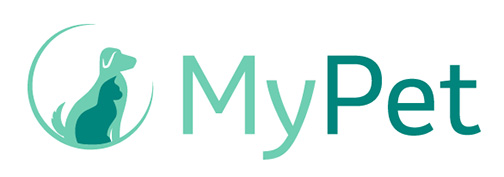The most important thing that you can do to keep your dog or cat happy and healthy is to protect them from the threat of serious, sometimes fatal, diseases. Vaccines save lives. The vaccination needs of every dog and cat do differ, but there are guidelines that you can follow to make sure that your best friend stays up-to-date. Routine visits with your veterinary practitioner are the only way to maintain a consistent schedule. Your veterinary practitioner will be able to assess your dog’s or cat’s individual vaccination needs. Effective vaccination routines depend upon your dog’s or cat’s life stage and lifestyle. For instance, puppies require a series of vaccinations, while older, vaccinated dogs require periodic boosters; dogs and cats who travel the world require protection where those who stick close to home and rarely venture out do not. Your veterinary practitioner will know what types of vaccinations your furry friend needs to stay protected from the threat of infectious disease.
Your veterinary practitioner will outline the core and noncore vaccines necessary to help your dog or cat stay healthy. Core vaccines are considered essential. Non-core vaccines are vaccines recommended to protect your dog or cat against diseases that are present in specific environments or lifestyles.
VACCINE SCHEDULE FOR DOGS
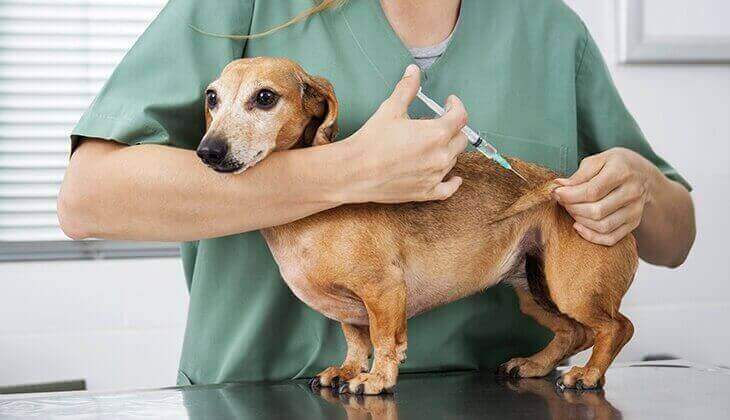
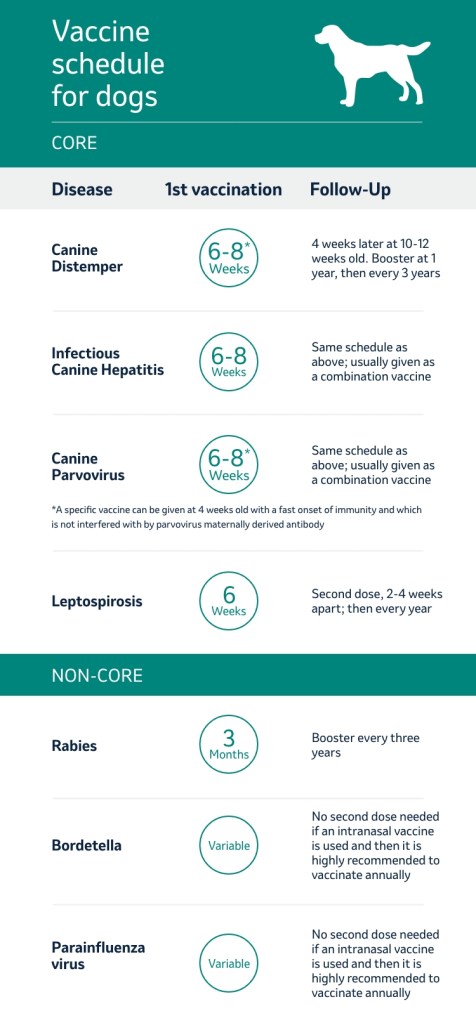
The core vaccines for puppies and unvaccinated dogs include vaccines for Canine Distemper Virus, Canine Parvovirus, Infectious Canine Hepatitis and Leptospirosis. Non-core vaccines include Rabies, Bordetella and Parainfluenza virus.
VACCINE SCHEDULE FOR CATS
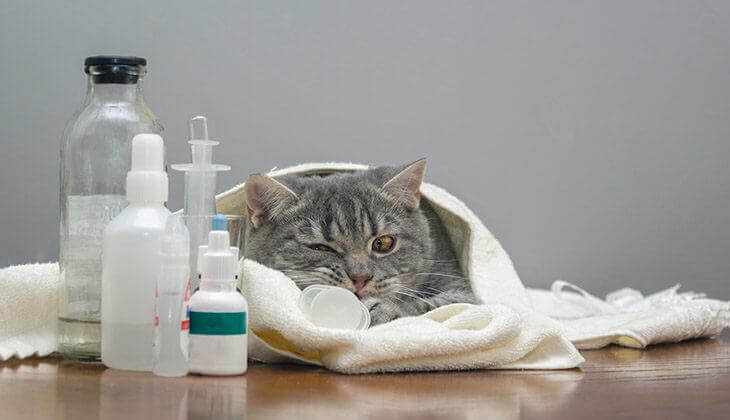
The core vaccines for kittens and unvaccinated cats include Feline Panleucopaenia, Feline Viral Rhinotracheitis and Feline Calicivirus. The non-core vaccines include Feline Leukaemia (FeLV), Chlamydophila and Rabies. Kittens and adult cats have different vaccination needs, as noted in the chart below.
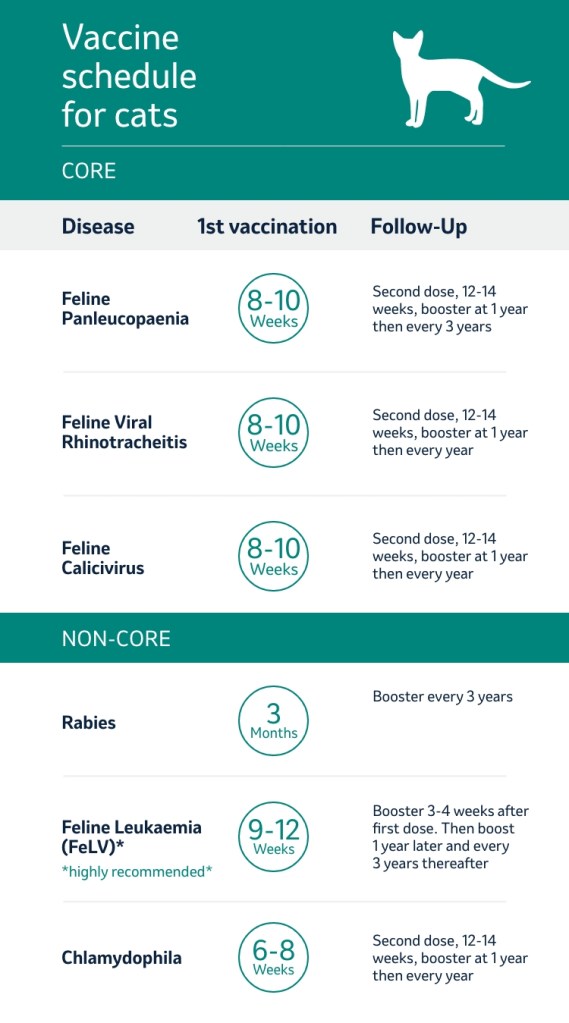
Proof of vaccination is essential when travelling with your buddy and utilising day or long-term boarding facilities. You’ll also want to keep a record handy so that you know what boosters to expect at your annual vet visit. The good news is that once your furry friend is vaccinated, you can rest easy knowing that he or she is protected. Just keep in mind that if you opt-out of a noncore vaccine and something in your dog’s or cat’s lifestyle changes, for example, they need to board, it would be a good idea to follow-up with your vet to find out exactly what type of protection they need.
Your veterinary practitioner plays a big role in your pet’s health. Enter your location information and get a list of vets near you.
FIND A VETERINARY PRACTITIONER NEAR ME